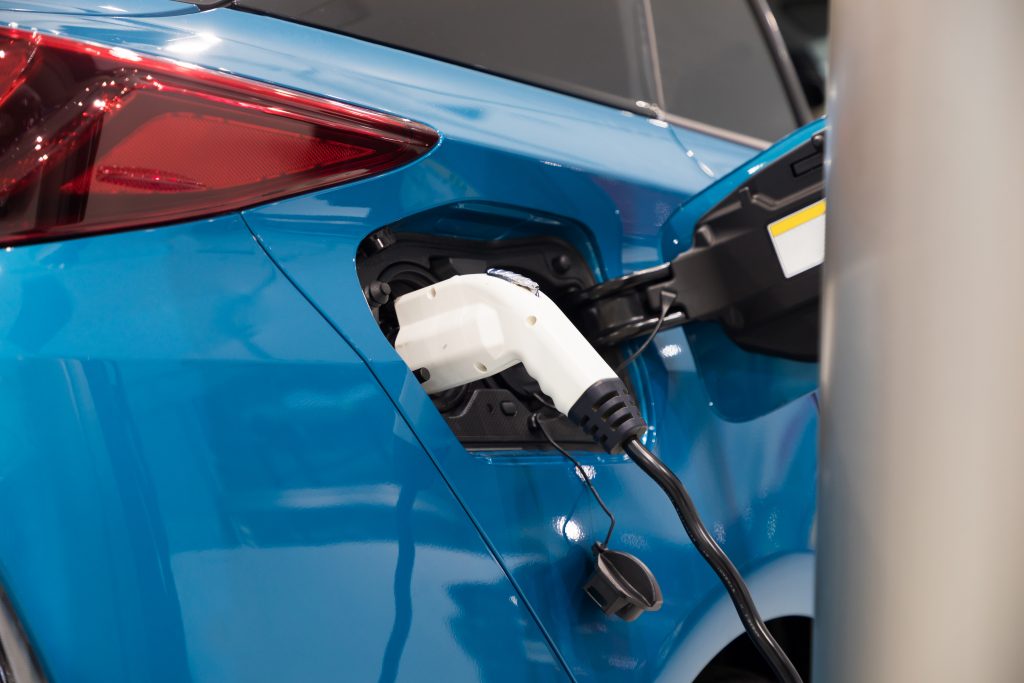
- ARAB NEWS
- 04 May 2024

TOKYO: Most of the hydrogen stations launched under an Environment Ministry subsidy program used electricity generated by conventional energy sources although the aid was supposed to be provided on condition that hydrogen production be powered only by renewable energy, a Board of Audit of Japan report showed Tuesday.
Under the program launched in fiscal 2015, facilities to produce hydrogen by electrolysis of water for supply to fuel cell vehicles were built at 27 locations in 19 of Japan’s 47 prefectures.
Of 19 hydrogen stations that were in operation for one year or longer, 12 using existing renewable energy-based power generation equipment all bought electricity produced by conventional energy sources for hydrogen production, according to an investigation by the board.
Of the seven newer stations, five also bought electricity from conventional energy sources because their renewable energy-based generators were able to produce only 20.4 percent to 93.5 percent of the electricity needed to make hydrogen.
A total of 1,932 million yen ($18,343) in state subsidies was paid for the 17 hydrogen stations in question.
The board demanded that the ministry conduct a drastic review of the program, including a possibility of ending it. The board said it is not appropriate that applications for the program were not properly screened.
The ministry stopped accepting new applications for the program in the current fiscal year through March 2021. Funds for the program were earmarked as outlays related to the Tokyo Summer Olympics and Paralympics, which have been postponed by one year to 2021 amid the novel coronavirus pandemic.
JIJI Press